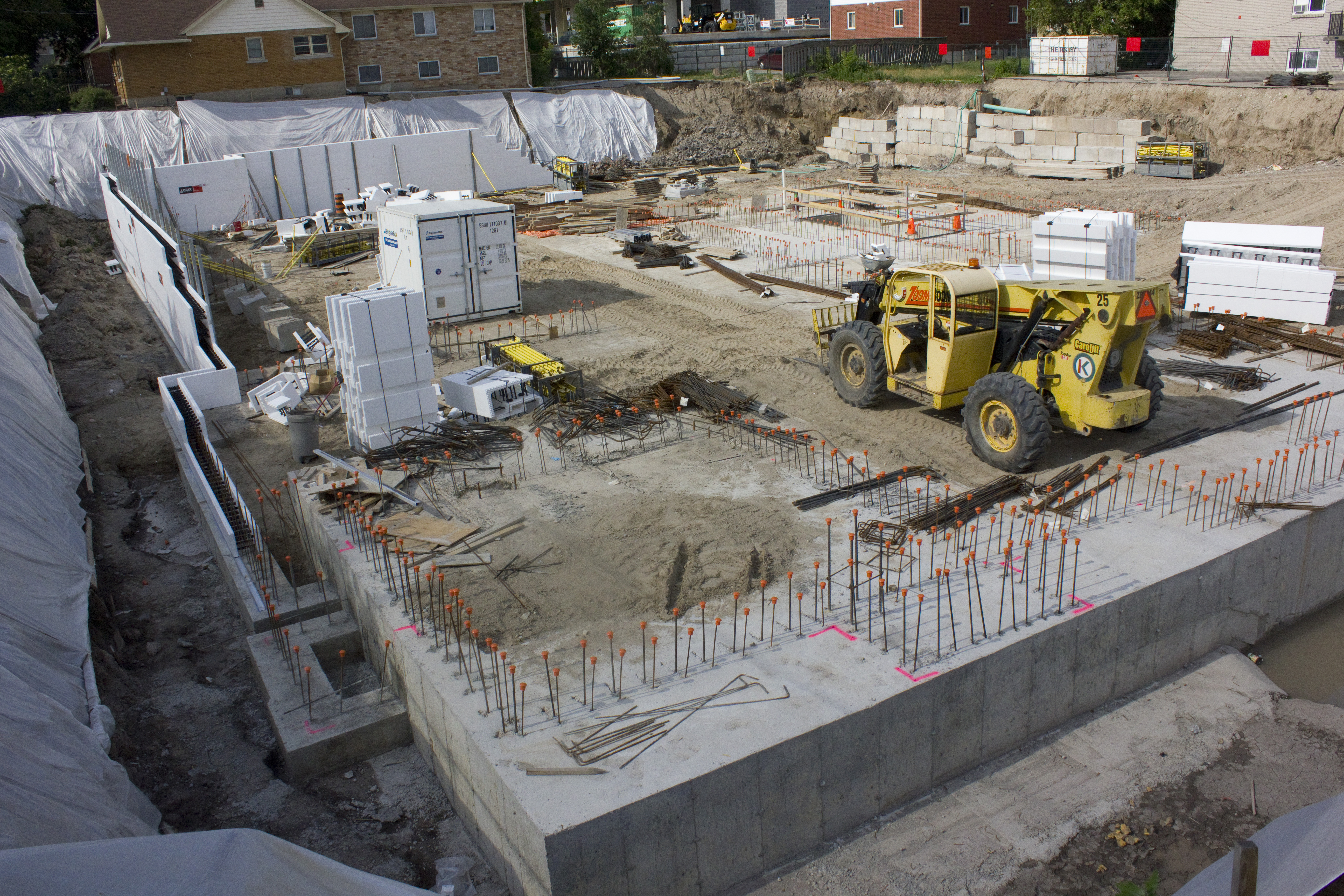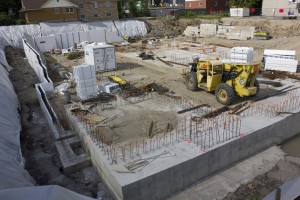Decision made on Northdale


With a unanimous vote, the Waterloo city council approved on Monday the final report for the Northdale Land Use and Community Improvement Plan Study, a monumental decision that should enable more directed action to begin to take place in developing the area.
“This has been quite a journey, I think, for all of us. We set out, as a council, with the vision of a diverse, vibrant and sustainable neighbourhood,” recalled ward six councillor Jeff Henry, the ward that encompasses Northdale. “Ultimately what got taken was, in my view, a fair and balanced approach between the various interests that are here.”
Major research and discussion has been ongoing since 2010 to develop a comprehensive plan to facilitate change and accommodate growth in the currently student-dominated neighbourhood.
Councillors were also able to pass a series of amendments, including the allowance of six storey buildings, as opposed to the initially outlined three, in low density areas. The Zoning By-law Amendment was also included, which put in place adjustments to qualifications such as the proximity of towers to one another on the same lot, among other requirements.
The meeting was well-attended, with few vacant seats in the city hall. Community members were extremely vocal, with more than 20 delegations presenting a mixture of praise and concern for the report.
Wilfrid Laurier University Students’ Union vice president of university affairs Chris Walker and University of Waterloo vice president education for the Federation of Students Adam Garcia were present to advocate on behalf of students.
While both indicated that the plan was largely consistent with the needs and values of students, some apprehension about long-term sustainability was expressed.
“We have concerns with the long-term sustainability with respect to overdevelopment, which overcompensates for projected enrol ments,” said Walker. “The universities have both indicated that they do not intend to grow at a really substantial rate over the next number of years, whereas the plan supports quite a lot of growth.”
Chris Tyrell, MMM Group project member, had earlier indicated that the mixed use intention of the plan would allow for other demographics to situate themselves in the area, while a recommendation was also presented to council for the re-evaluation of student trends every two years in order to maintain the relevance of the plan to any changes in enrolment patterns.
The meeting was not without some controversy.
Paul Ellingham, a landlord in Waterloo, went so far as to suggest that according to the Ontario Planning and Development Act, passing the vote at the time of the meeting would be illegal due to the fact that amendments had been made within twenty days of its presentation.
“More time is obviously needed,” he argued. “Especially with regard to the most recent changes to the report, I need more time with them.”
A staff member from the city of Waterloo responded to the situation by stating that it was a “very normal process” and that it was up to council to decide “how impactful those changes are to the original document.”
One of the important issues raised at the meeting was the previously discussed need for active transportation linkages, either in the form of roads, walkways or trails, between Lester Street and Philip Street.
Former councillor and chair of the Waterloo Advisory Committee on Active Transportation Jan d’Ailly strongly advised the council to act fast, as the space available for this will become increasingly limited as more lots are developed.
“There’s just not very much space here,” d’Ailly identified. “So in terms of putting your money where your mouth is, I think it’s important to be proactive here.”
Opposing concerns were voiced by Leslie Kocsis, who owns properties on Philip Street, and Michael Trussell, who was speaking on behalf of Waterloo Cooperative Residence Incorporated (WCRI).
Both expressed the opinion that potential linkage via Philip Street would inhibit the development of their properties.
“We believe that these proposed corridors will severely compromise the ability of the WCRI to provide safe and secure living conditions for its members,” Trussell asserted.
According to the meeting agenda, staff have recommended that council further investigate “how parkland and trail acquisitions should be managed and funded.”
Overall, the mayor and councillors expressed satisfaction about the outcome of the meeting.
“We have a good story to tell about how we’re going to build a community and invest,” said ward two councillor Karen Scian.
“Because we believe in it,” added Waterloo mayor Brenda Halloran.
Discussion will continue at a future date on the implementation of the Community Improvement Plan, the management of heritage conservation actions and various funding details

